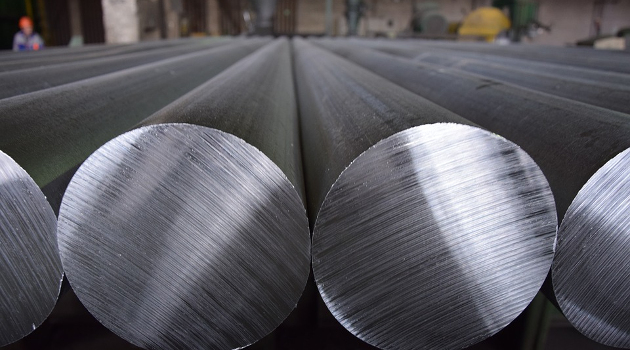Originally published by RealClearMarkets on July 16, 2019.
To benefit large brewers, U.S. Sens. Cory Gardner (R-CO) and Tammy Baldwin (D-WI) recently introduced the Aluminum Pricing Examination Act (APEX Act), which would give the Commodity Futures Trading Commission “exclusive jurisdiction over the setting of reference prices for aluminum premiums.” This is a misguided attempt to subject market prices to the approval of government bureaucrats.
Markets for commodities purchased at high volume like aluminum operate a bit differently than those for typical consumer goods. It’s not like buying a product off the shelf. However, the fundamentals are still basically the same; it comes down to supply and demand.
To provide transparency and help facilitate commodity markets, independent reporting agencies provide price benchmarks for sales and deliveries in certain regions. For the domestic aluminum market, the U.S. Midwest Transaction Premium published by S&P Global Platts reflects both costs from the shipping and storing of aluminum, as well as the state of domestic supply and demand. Their methodology is public and relies on surveys of buyers, sellers, and other market participants. Most importantly, no one is required to pay the benchmark any attention unless they find it useful.
All of this is important because proponents of the legislation are citing “irregularities” in the premium price, while paying lip services to free market principles, to justify the entrance of government into the market. However, what really irks them is that prices have increased. Everything else is just an attempt to disguise cronyism as a noble endeavor.
The thrust of their complaint is that the premium hasn’t fully returned to its pre-tariff rate after Trump’s steel and aluminum tariffs on imports from Canada and Mexico, which led to sharp price increases, were lifted in May. But tariffs aren’t the only relevant market factor affecting price. Demand is also up, while supply has tightened thanks to a union lock-out at a Canadian smelter, forcing greater reliance on imports from nations subject to a 10% duty. Uncertainty over future trade conditions are also likely to be playing a role.
Attacking or launching investigations into those monitoring the market and providing benchmark prices amounts to shooting the messenger. They aren’t controlling the factors that determine prices; they are just reporting them.
S&P Global Platts has no financial stake in whether the reported prices are high or low, but they and other assessment companies have a lot more incentive than the government would have to provide accurate information on the state of a market. The APEX Act would not only substitute the judgment of bureaucrats for market participants, but open benchmarking to political influence, inviting corruption and market distortions.
The goal is clearly to put downward pressure on aluminum prices to benefit those, like beverage makers, whose supply chains rely heavily on aluminum purchases. That might provide a short-term benefit to brewers and other aluminum consumers but would only harm the market in the long run. When prices reflect political dynamics instead of underlying market realities—as is always the case with the imposition of price controls, or even just political pressure that falls short of explicit price-setting—markets are unable to function properly.
My colleague, economist Dan Mitchell, has a saying: “bad government policy begets more bad government policy.” That’s what is happening here. Bad trade policy raised the costs of aluminum and continues to plague markets in a variety of ways. Rather than fix that problem at its source, some now want to compound it with more government power to interfere in the market. But attempts to cloak cronyism in the principles of free market economics shouldn’t distract from the fact that interfering in the market to selectively benefit a business or industry is an illegitimate use of governmental power.
———
Image credit: homw | Pixabay License.

